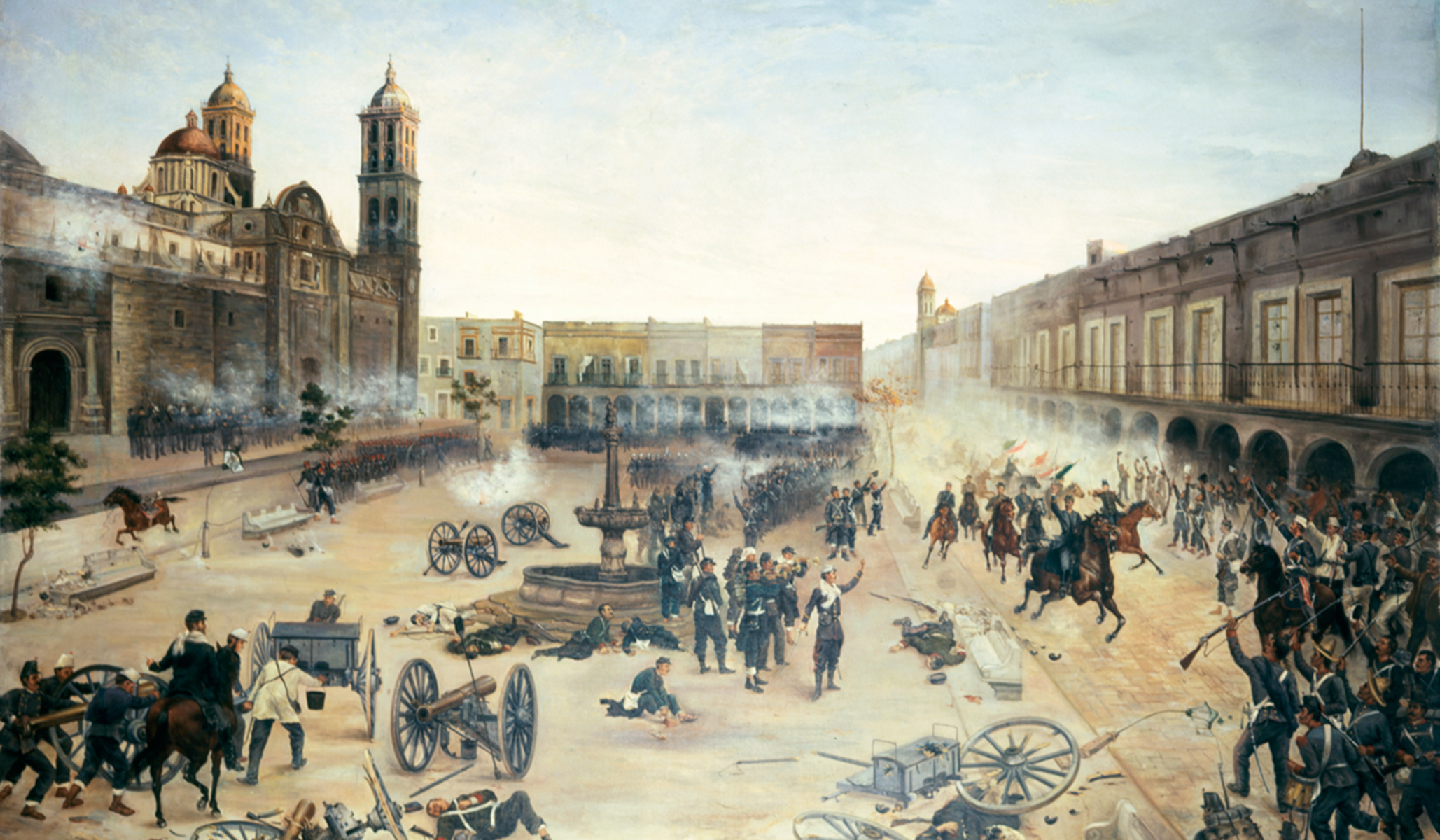


Today is Cinco de Mayo, a day of great significance, marking the Mexican army’s victory over French forces at the Battle of Puebla on May 5, 1862. The battle was fought during the Second French invasion of Mexico. The conflict began in 1861, when Mexico declared a temporary moratorium on the repayment of foreign debts. France, under the leadership of Napoleon III, saw the fledgling Mexican Republic’s inability to repay its creditors as an opportunity to reestablish a foothold in North America after losing its Canadian holdings to the British in the mid-18th century French and Indian War and the sale of Louisiana Territory to the United States in 1803, what we now know as the Louisiana Purchase.
To do this, Paris sent a well-equipped army to invade the country. At the time, the United States was powerless to enforce its Monroe Doctrine, which declared that any attempt by a European power to interfere with the affairs of the newly independent nations of Latin America would be seen as a threat to American national security, because it was embroiled in its own Civil War. Nevertheless, although outnumbered and outgunned, the Mexican army defeated the French forces in the decisive Battle of Puebla.
The victory was significant for Mexico, giving the country a much-needed morale boost and demonstrating its ability to resist foreign aggression. However, it was a short-lived success, as the French went on to capture Mexico City and establish a puppet government under the rule of Emperor Maximilian I.
The French occupation was fiercely opposed by Mexican guerrilla forces, who continued to fight against the occupation for several years. In 1865, finally freed from the shackles of internal strife, the United States began providing the Mexicans with materiel support, helping them defeat the French and drive them out of North America once again.
As we raise a glass to toast Cinco de Mayo, let us not forget the enduring, still-applicable lessons it teaches us: that the price of inaction in the face of foreign aggression can be high; and that proactive steps, when necessary and prudent, can safeguard our interests and promote a more peaceful world.
